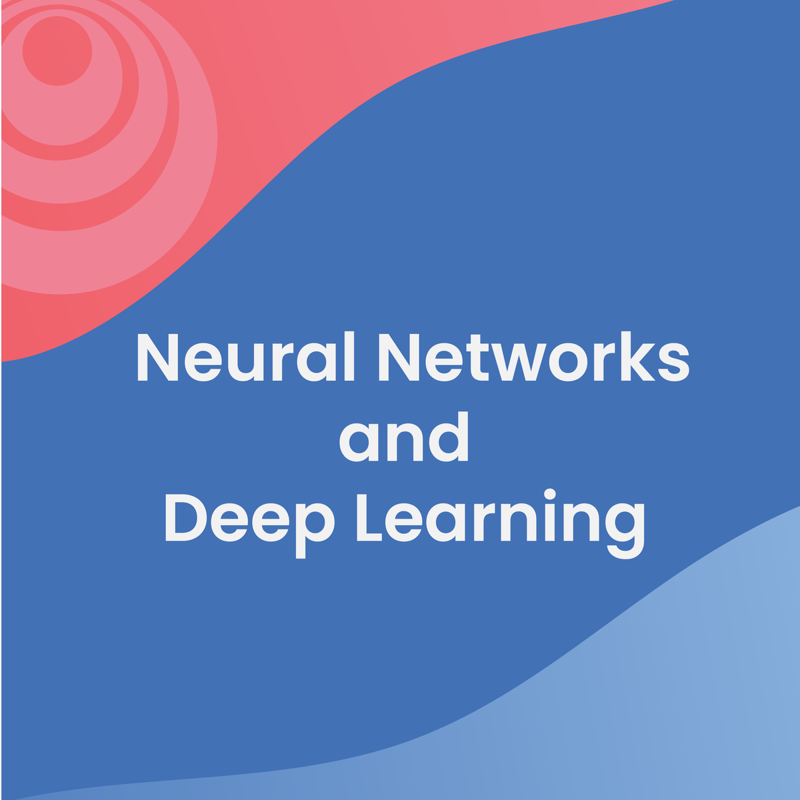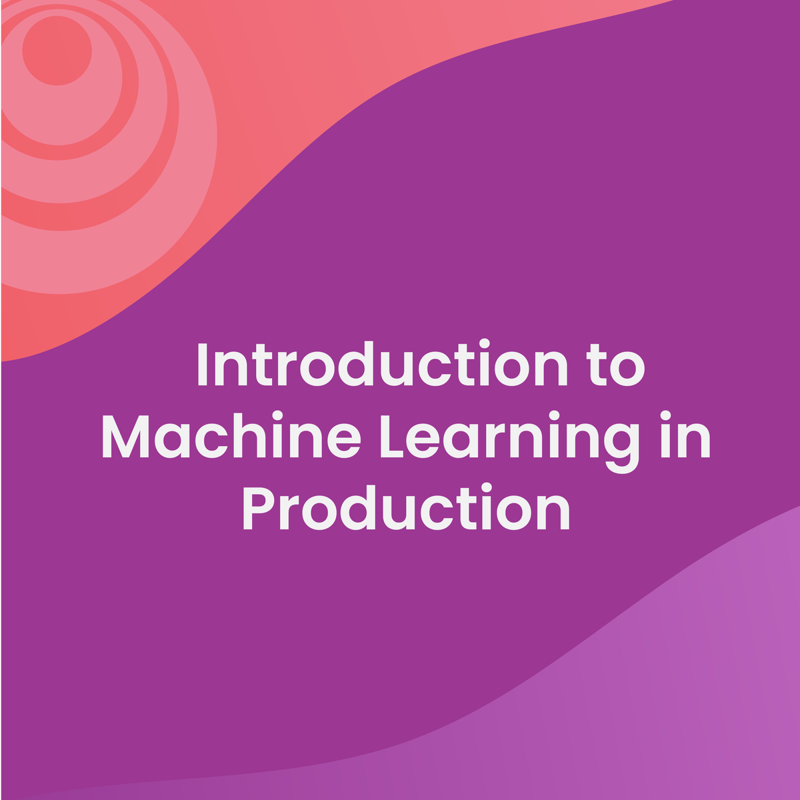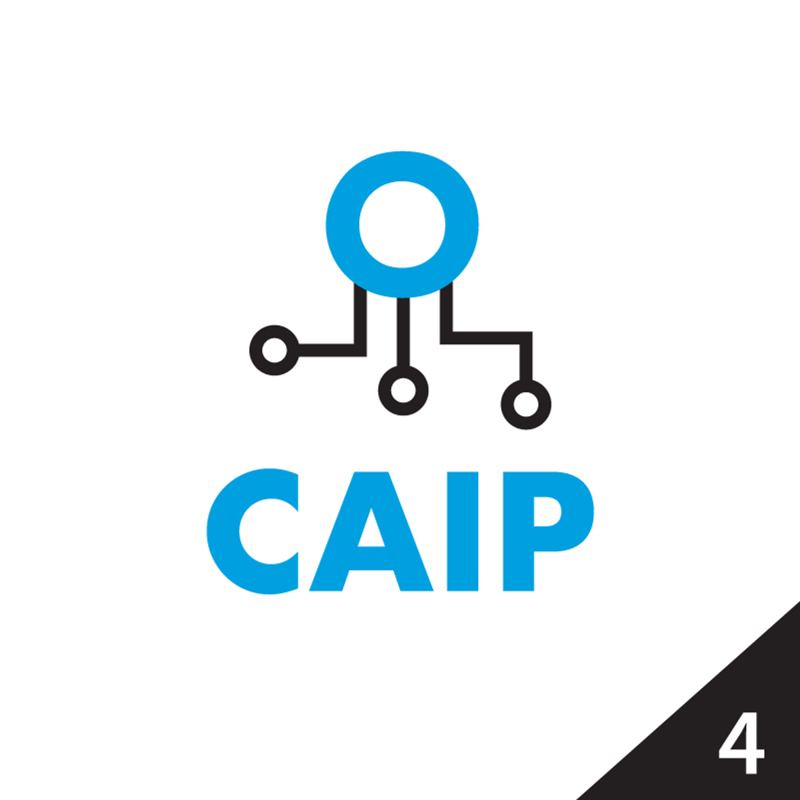Course overview
- Provider
- Coursera
- Course type
- Free online course
- Level
- Intermediate
- Deadline
- Flexible
- Duration
- 22 hours
- Certificate
- Paid Certificate Available
- Course author
- Stacey McBrine
-
Train and evaluate decision trees and random forests for regression and classification.
Train and evaluate support-vector machines (SVM) for regression and classification.
Train and evaluate multi-layer perceptron (ML) artificial neural networks (ANN) for regression and classification.
Train and evaluate convolutional neural networks (CNN) and recurrent neural networks (RNN) for computer vision and natural language processing tasks.
Description
There are numerous types of machine learning algorithms, each of which has certain characteristics that might make it more or less suitable for solving a particular problem. Decision trees and support-vector machines (SVMs) are two examples of algorithms that can both solve regression and classification problems, but which have different applications. Likewise, a more advanced approach to machine learning, called deep learning, uses artificial neural networks (ANNs) to solve these types of problems and more. Adding all of these algorithms to your skillset is crucial for selecting the best tool for the job.This fourth and final course within the Certified Artificial Intelligence Practitioner (CAIP) professional certificate continues on from the previous course by introducing more, and in some cases, more advanced algorithms used in both machine learning and deep learning. As before, you'll build multiple models that can solve business problems, and you'll do so within a workflow.
Ultimately, this course concludes the technical exploration of the various machine learning algorithms and how they can be used to build problem-solving models.




